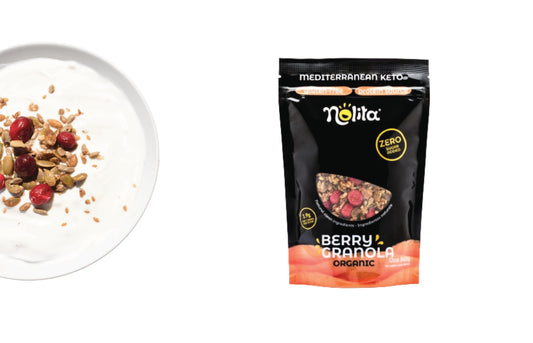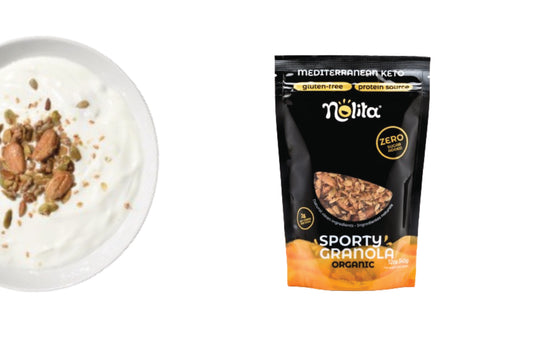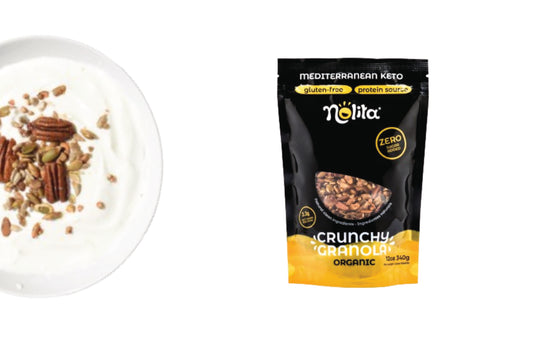Author: Gabriela Rosa (Nutritionist)
The process of weight loss may be simple, if we think of a mathematical account, in which we must expend more calories than we ingest, that is, maintain a state of caloric deficit, but there are many factors interrelated with the period of weight loss, they are: food supply, diet composition, economic resources, medications, genetics, gut microbiota, insulin resistance, metabolism (physical activity, thermal effect of food, basal metabolism), religion and food culture, age, and body composition.
But within the mathematical calculation, did you know that to lose 1kg of fat it is necessary to have a caloric deficit of 7700kcal? This is precisely one of the reasons for the need for this process to be continuous, with consistency, determination, and motivation, so that there is no damage to health in general: immunity, skin, body composition, eating behaviour, mood, and blood parameters.
In the book written by Mann and collaborators, called ''Diets are not the answer'', 31 studies were evaluated on the long-term results of calorie-restricted diets for weight loss, which concluded a consistent pattern of weight gain. In other words, this restrictive behaviour causes the opposite, unwanted result. So be cautious when starting a diet that forbids you more food than you allow, it is a sign that something will not go very well. Prefer balance, to be able to make choices and compensate for days of more calories by performing a daily or weekly calorie deficit energy balance.
But then what should we eat in the weight loss process?
Some of the important nutritional needs in this stage involve: adding protein sources in all meals, consumption of soluble and insoluble fiber, lower intake of saturated and trans fats, lower intake of sugars, negative energy balance, prioritising foods that promote satiety, avoiding drinking large amounts of liquids while having the main meal, replace excess flour and refined foods with fruits, whole grains, include lean meats (or vegan proteins).
What needs does our body have?
The approximate distribution of the main contributors to daily energy expenditure for a sedentary adult is the basal metabolic rate (60-75%), physical activity (15-30%), the thermal effect of food (7-13%), others (2-7%). Therefore, one should take into account all these aspects for a good evolution and provide constant changes in order to lose weight.
How can Nolita help you in this process?
By including our Fiber in some preparation, be it a snack, pre or post-workout, solid or liquid... Tou can use instead of sugar. Our prebiotic Fiber has 90% of fiber. You can add it to any food to give a sweet taste. It helps you feel satiated longer.
Our fiber avoid the desire to eat a caloric sweet, also the episodes of compulsive eating and blood sugar spikes, not allowing the high amount of insulin to generate body fat accumulation.
Target Public: athletes, sedentary people, obese people, individuals with BMI > 30kg/m².
Photo: @wearhuha
Bibliography:





